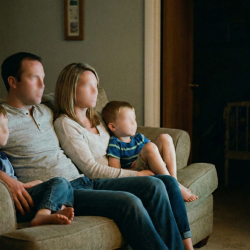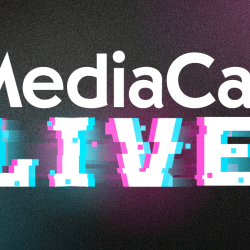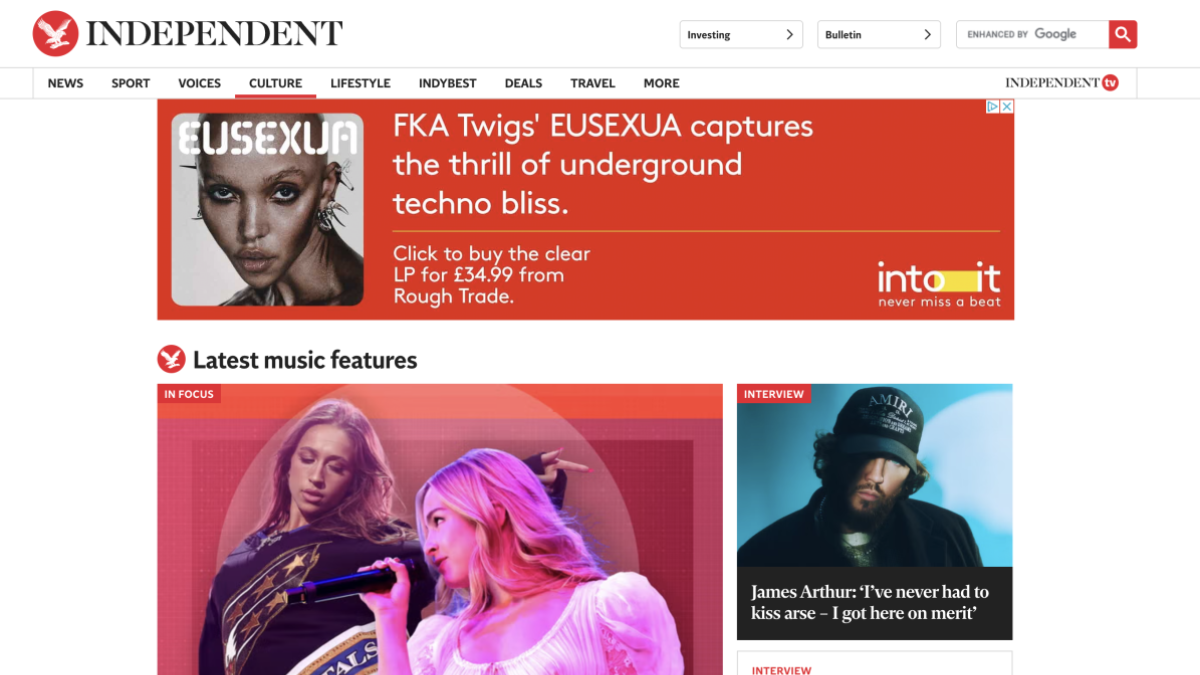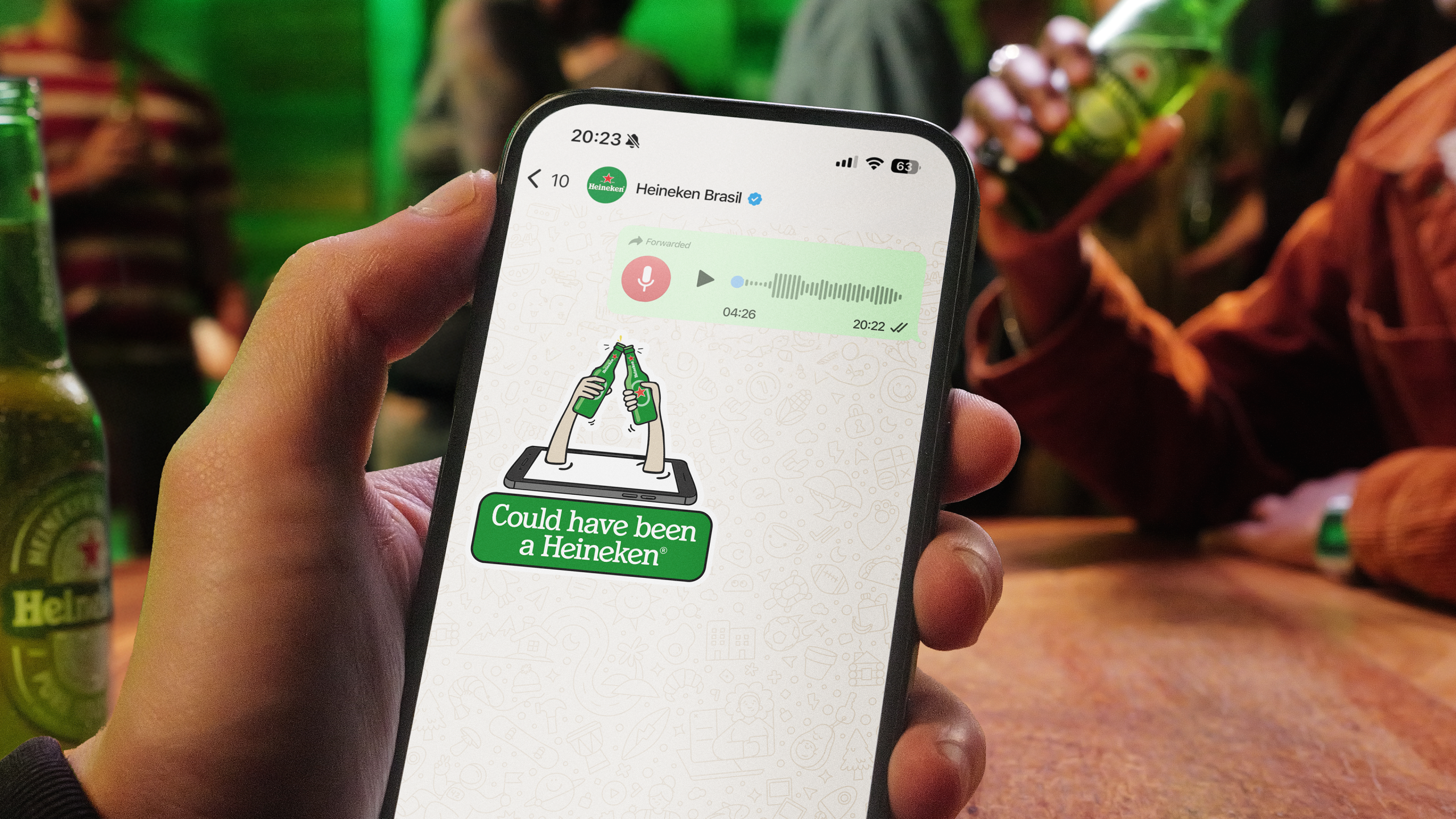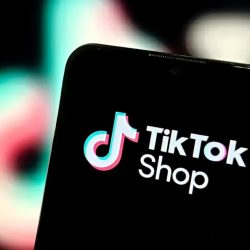More than a decade ago, Doc Searls proposed a radical future for advertising: one where power shifts from brands to buyers. In The Intention Economy (2012), the journalist and theorist imagined a marketplace where consumers openly declare their interests, and vendors respond — flipping the dominant ‘attention economy’ on its head.
‘We’ve lived in a world for the last 15 years where most advertising online is based on surveillance and all the law making and regulation in the world has not done much to put a stop to it’, Searls tells MediaCat UK. ‘I wrote a piece a few years ago saying that Madison Avenue fell asleep, direct marketing ate its brain and it woke up as an alien replica of itself’.
‘The advertising business in general has been in an immoral quandary for a long time because they’re dependent on [surveillance advertising]’, he adds. ‘There are a lot of people that know that doesn’t work very well. It’s full of waste and fraud and abuse and lots of other things. It’s a terrible system quite frankly’.
Instead of capturing, predicting, and monetising consumer behaviour, Searls’ ‘intention economy’ is built on declared desire. The value lies not in tracking, but in listening, serving people who actively signal what they want.
For years, it remained a thought experiment. Now, it has a prototype.
Into-It, founded by former Silence Media head Lee Henshaw, lets users on partnered sites replace traditional banner ads with music promotions based on the artists and genres they say they like. Users install the extension, input preferences, and receive custom notifications — from vinyl releases to local gigs.
It launched in late March with publishing partners The Guardian and The Independent, and advertisers including Rough Trade, Domino Records, Cooking Vinyl, and We Out Here Festival. It’s already gained traction among music and media insiders. Richard Reeves, managing director of the Association of Online Publishers, called it an ‘exciting innovation in digital publishing’.
‘The data set that Into-It has is unrivalled’, says Henshaw. ‘What could be better than serving notifications to music fans who’ve told you they’re into your artists? The argument I make to our clients is that both The Guardian and The Independent have a level of targeting that is more efficient and more effective than anything else they can do. And if you can combine efficiency and effectiveness, that’s the holy grail of marketing’.
Henshaw traces the idea directly back to reading The Intention Economy. ‘I’ve spent four years working on this and the inspiration has come squarely from reading that book’, he says. ‘From that moment on, everything changed for me. I realised if I could make something like that work then it could be of huge benefit to all of my contacts across the music industry, across online publishing but also to music fans.’
Still, Henshaw is clear about why no one else has tried this before. ‘It’s really hard work. This isn’t how advertising works’, he says. ‘The way advertising works is that you diagnose the market for your product, you come up with a strategy, you figure out how you’re going to do the tactical execution, you make some ads, you buy a load of media and then you push those ads out. That’s the way it works.’
‘This is very different’, he continues. ‘What you’re doing with the intention economy is you are putting yourself in a position where customers have to do something to embrace the way that you’re working. That’s difficult. It’s unusual. So I think that it sometimes does take a long time for really good ideas to take on’.
Searls, whose wife Joyce sits on Into-It’s advisory board, recognises the stakes. ‘Henshaw is doggedly pioneering something here that’s really innovating’.
Both men argue that music is the perfect proving ground. ‘Revenue is up but marketing budgets per artist are shrinking’, says Henshaw. ‘There’s a feeling in the industry that they need their budgets to work harder and that’s what they get with Into-It.’
‘There’s also an obsession within the industry to connect with superfans — the fan who’s buying tickets, vinyls and merchandise. We offer companies an opportunity to do just that’.
Searls adds: ‘The thing with the music industry is that there is suffering there so they’re willing to take chances. As soon as music escaped the containers that were CDs and LPs, and everybody could get it through streaming services like Spotify, the old forms of income were almost gone. When a business is hurting, there’s a lot of opportunity there for new things’.
Online publishing is facing its own crunch. An estimated $54 billion in ad revenue was lost to ad blocking in 2024, according to ad filtering company Eyeo. Meanwhile, keyword blocking continues to kneecap monetisation — even on brand-safe content.
Henshaw believes Into-It offers a cleaner path forward.
‘Lee’s dealing with publishers, he’s dealing with companies representing artists and he’s dealing with you and me’, Searls says. ‘And he’s trying to get them aligned, saying “Hey, Guardian, your interests are aligned with your readers here and they’re also aligned with your advertisers there in a way that doesn’t involve you spying on people”. Publications like The Guardian are trying to do the right thing, when there are other publications who probably aren’t.’
Even with strong partners, Into-It faces the biggest hurdle of all: behaviour change.
‘The hardest thing is to get a user to install something. But it does happen’, says Searls.
Henshaw agrees: ‘It’s difficult to get anybody to do anything, but we hope that the message that we’ve got from music fans is compelling enough for them to give us a try.’
While Searls critiques today’s model in moral terms, Henshaw is more pragmatic. ‘I see what we’ve got as complementing advertising’, he says. ‘I think there are only certain sectors where the intention economy works well. It would be difficult to get people to reveal their intentions around buying their next bottle of sugared water. Entertainment is definitely a good place to start.’
Into-It enters a broader ecosystem of innovation around privacy-respecting advertising. Contextual targeting, clean-room technologies, and retail media networks have all emerged as practical responses to cookie deprecation — often focused on maintaining scale without sacrificing performance. What sets Into-It apart is its ideological clarity: it doesn’t just avoid tracking; it reframes advertising as an exchange, where consumers knowingly opt in. That makes it harder to scale but potentially more meaningful if it does.
It’s a compelling vision, but also a niche one. Which leads to the bigger question: could declared-intent targeting ever supplement mainstream media buying?
Henshaw sees this as the start of a wider shift. ‘It’s been so good to speak to journalists because it gives me the opportunity to speak to an audience of media buyers who might never have thought about working this way. My hope is that by discovering Into-It they might think about how a theory like that could apply to the work they’re doing in their sectors.’
His advice? ‘First of all read the book. And then remember that this is a customer-first idea. However you approach this you have to put the customer first because they are the one that will give you the information you’re able to respond to.’
Into-It is currently seeking £500,000 in investment for staffing and tech development — but its founder insists this is just the beginning.
‘It’s very early days for us. Our product is only weeks old’, says Henshaw. ‘I hope in six months to a year we find ourselves in the position where every stakeholder’s got something better and then I would imagine that other industries will look at that and start thinking about working in that way’.
Searls is already thinking bigger. ‘How does [success] create its own category? That can be broadened to other forms of entertainment. Or sports teams would be another one. If you like Arsenal you want to see more things about Arsenal. The cool thing about that is there is actually affection there, there’s affiliation. There’s a sense of belonging’.
‘Lee has possibly got the first intent business and I think intent tech could be its own category in the future. Into-It is pioneering what may be the first form of advertising that readers like and appreciate, rather than hate and endure’.



